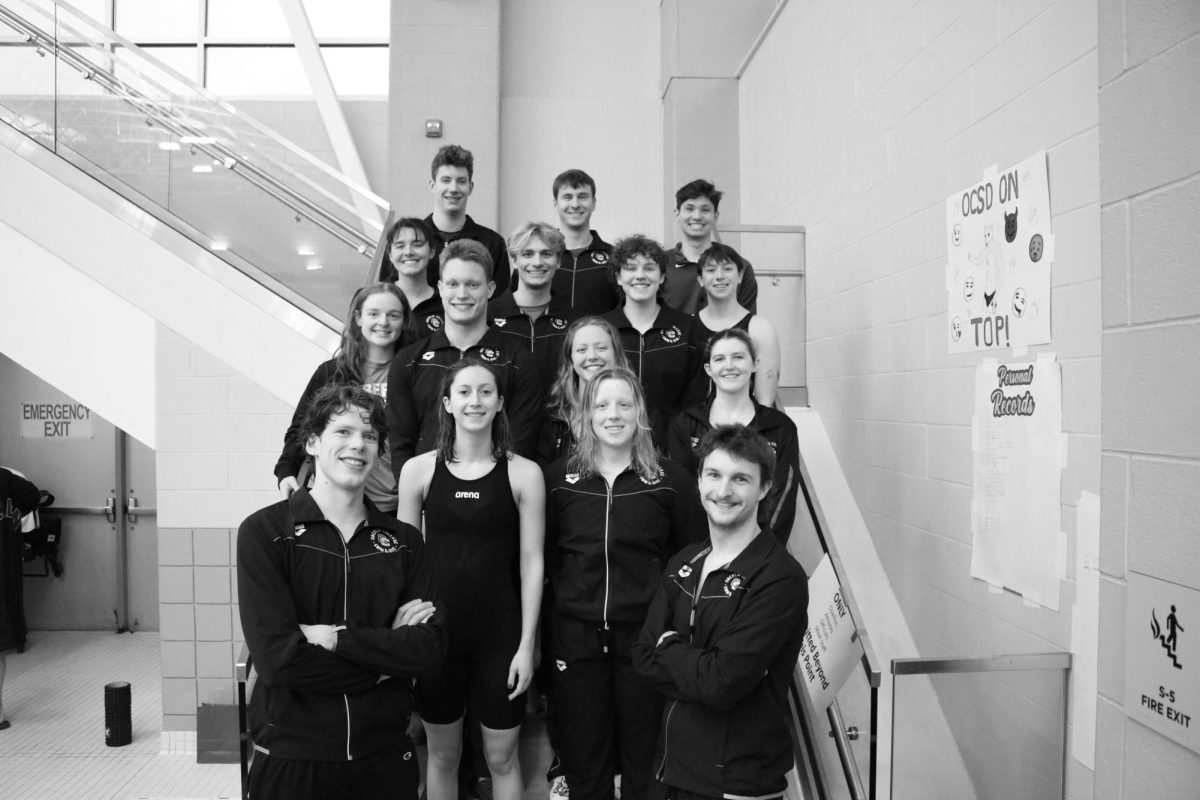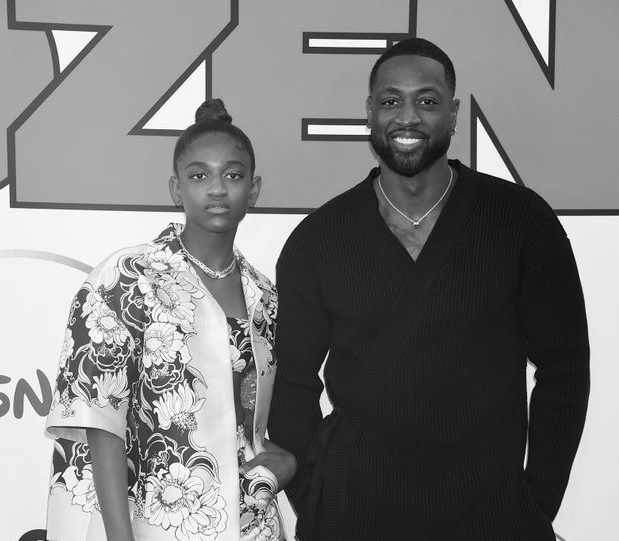Editorial: Trans Inclusion Policy Marks Progress in Oberlin Athletics
November 9, 2012
Even at a progressive school like Oberlin, trans athletes must navigate an unsupportive, invasive and alienating web of obstacles in order to participate in sports at the club or varsity level. To the unions and associations that govern college sports, trans bodies constitute a potential advantage to a team that must be policed. This transphobic mindset places the ideal of a “fair game” above athletes’ emotional and physical safety.
To address this, Oberlin College students and staff have begun working on a policy to provide institutional support for trans inclusiveness in club sports. The Club Sports Trans Policy created the Transgender Participation Advisory Committee, which I serve on, in order to oversee the policy’s content and functionality.
The content, written primarily by Erin Berg ’12, sophomore Kye Campbell-Fox and Director of Recreation and Club Sport Betsy Bruce, calls for respect of all individuals’ gender autonomy; acknowledgement that biological sex, gender identity and gender expression are not binaries; and creation of spaces for those who are “traditionally excluded from participating on sex-separated teams.” The policy’s central purpose is to allow trans-identified athletes to play on a single-sexed team that “reflects their gender identity” and “promotes safety and self-esteem.” It rejects the premise that athletic ability exclusively correlates with biological sex.
This premise has been used, both by the trans policies of the National Collegiate Athletic Association and the International Olympic Committee, to justify excluding trans athletes from their preferred team unless they fulfill demanding and discriminatory conditions.
In order to keep teams in their league competitions, Oberlin’s Club Sports Trans Policy places teams which have governing bodies — for example, rugby and the Ohio Rugby Union — under the guidelines of the NCAA policy, which has regulations for both sex-separated and mixed-gender teams, and for trans people who are on or not on hormone treatments. For sex-separated teams, the regulations state the following: • Trans men (FTM) can play on men’s teams at any time (with a medical exception granted by NCAA if on testosterone) • Trans men cannot play on women’s teams if taking testosterone • Trans women (MTF) can play on men’s teams at any time • Trans women cannot play on women’s teams unless they have been on hormone blockers like spironolactone for one year.
The problematic assumptions remain: that maleness and testosterone constitute the ultimate advantage over body type and musculature, and that this advantage must be policed, not by the individual, not by the team, but by a governing organization.
These are assumptions of a sexist and cisnormative society where women’s teams must be protected from male/masculine influence — assumptions reinforced by legislation like Title IX. For all the good Title IX has done in equalizing federal funding to women’s teams, it has allowed transphobia, specifically of trans women, to proliferate under the name of feminism.
Trans women have been told that they are cheating, or invading women’s spaces, completely missing the point of why anyone would subject themselves to the oppression trans women suffer for athletic success. Forty years after Title IX’s passing, the policies of the NCAA state as a key principle that “the integrity of women’s sports should be preserved,” while the International Olympic Committee’s report asserts that “[t]he crux of the matter is that the athlete should not be enjoying the benefits of natural testosterone predominance normally seen in a male” (emphasis mine).
But if Oberlin’s Club Sports Trans Policy adheres generally to that of the NCAA, it also has important departures. In particular, “Oberlin College will provide institutional support of clubs’ trans-inclusive participation regardless of more restrictive trans-inclusive athletic policies put forth by their governing bodies.” This line is crucial. If, for example, the Rhinos Rugby team plays a school that brings concerns about one of our players to a referee, the college will support the player regardless of what the referee says. Trans athletes, previously supported only on a team level, now have institutional backing.
I want to acknowledge the progress being made with this policy, but there is much room for growth in how we frame trans inclusion in athletics at Oberlin College. As author Lauren McLaughlin points out in her blog post “Gender Myths and the Limitations of Sports,” the appeal of athletics is that they take life’s “bewilderingly indeterminate” complexity and make it as simple as winners and losers.
Trans athletes, and more generally intersex and gender non-conforming athletes, challenge the artificial divisions of sports, and that’s not a bad thing. It’s a reminder that we shouldn’t cling to the delusion that sports can provide absolute clarity where life can’t. They don’t — at least not when humans are playing.
Instead, we should recognize the social and physical benefits athletics can provide, and work to eliminate the obstacles that hinder trans athletes from participating in ways that feel positive and safe to them. I hope to approach the policy and this work with critical reflection and continuing advocacy for respect and inclusion, principles integral to Oberlin’s identity.
Acknowledgements to Alyssa Civian, College sophomore, and Erin Berg, OC ’12.

















